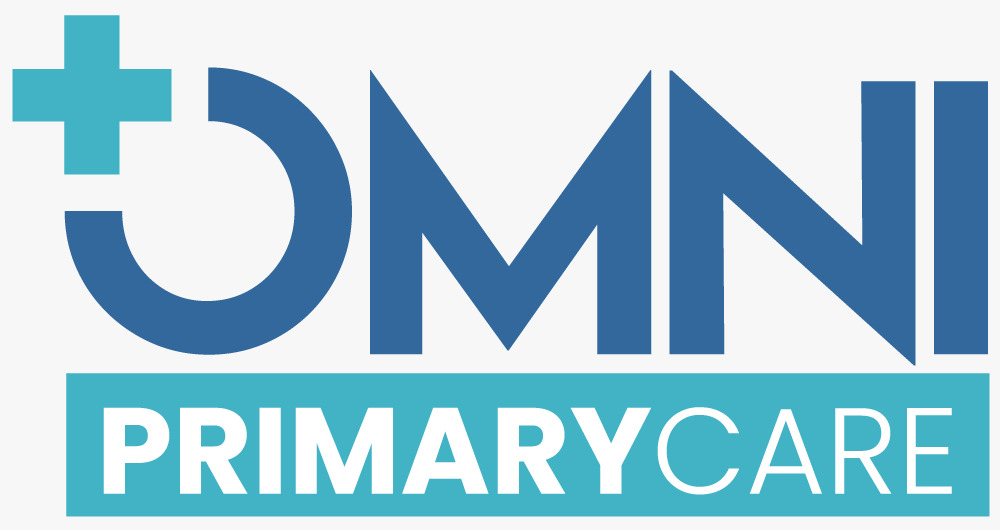



Blood pressure is a measurement of the force exerted against the walls of your arteries as your heart pumps blood to your body. Hypertension is the term used to describe high blood pressure.
Untreated high blood pressure can lead to many medical problems. These include heart disease, stroke, kidney failure, eye problems, and other health issues.
Blood pressure readings are given as two numbers. The top number is called systolic blood pressure. The bottom number is called diastolic blood pressure. For example, 120 over 80 (written as 120/80 mm Hg).
One or both of these numbers can be too high. (Note: These numbers apply to people who are not taking medicines for blood pressure and who are not ill.)
If you have heart or kidney problems, or you had a stroke, your doctor may want your blood pressure to be even lower than that of people who do not have these conditions.
Many factors can affect blood pressure, including:
You are more likely to be told your blood pressure is too high as you get older. This is because your blood vessels become stiffer as you age. When that happens, your blood pressure goes up. High blood pressure increases your chance of having a stroke, heart attack, heart failure, kidney disease, or early death.
You have a higher risk of high blood pressure if you:
Most of the time, no cause of high blood pressure is found. This is called essential hypertension.
High blood pressure that is caused by another medical condition or medicine you are taking is called secondary hypertension. Secondary hypertension may be due to:
Most of the time, there are no symptoms. For most people, high blood pressure is found when they visit their health care provider or have it checked elsewhere.
Because there are no symptoms, people can develop heart disease and kidney problems without knowing they have high blood pressure.
Malignant hypertension is a dangerous form of very high blood pressure. Symptoms may include:
Most of the time, high blood pressure can be controlled with medicine and lifestyle changes.
When blood pressure is not well-controlled, you are at risk for:
If you have high blood pressure, you will have regular checkups with your provider.
Even if you have not been diagnosed with high blood pressure, it is important to have your blood pressure checked during your regular check-up, especially if someone in your family has or had high blood pressure.
Call your provider right away if home monitoring shows that your blood pressure is still high.
Most people can prevent high blood pressure from occurring by following lifestyle changes designed to bring blood pressure down.
Hypertension; HBP